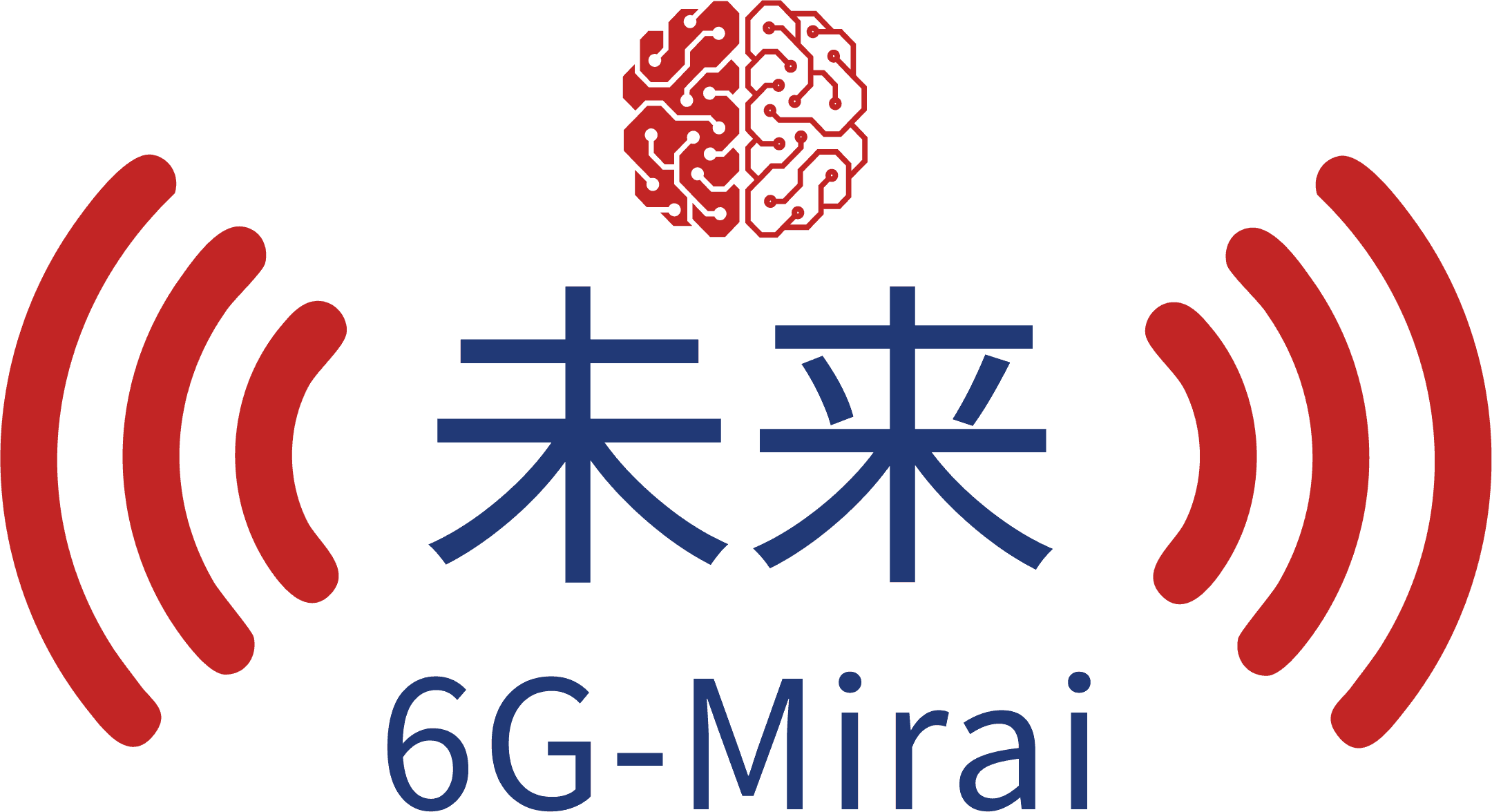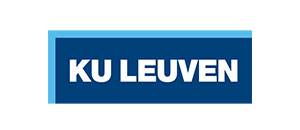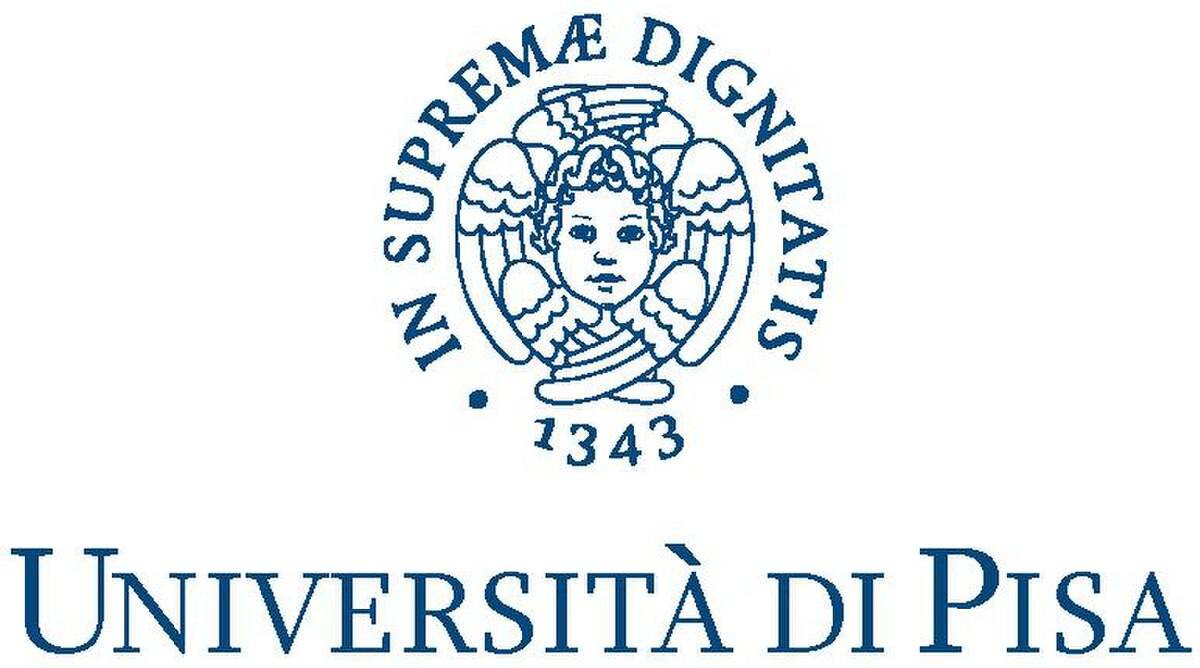The EU 6G-MIRAI consortium combines telecom equipment, device and chipset vendors, network operators, and system integrators on one side and leading academic institutions and universities in Europe on the other side. The Project consists of 9 partners from 7 countries of the European Union. 6G-MIRAI collaborates with the Japanese HARMONY consortium to form a cross EU-Japan initiative, securing the needed know-how and experience input as well as maximizing the expected economic and technological impact.
Project overview
6G-MIRAI envisioned large-scale, heterogeneous, virtualized, and potentially disaggregated 6G-RAN architecture: Powered by next-generation physical layer technologies, the 6G-RAN architecture aims to deliver unprecedented performance and efficiency while supporting a wide variety of new services. The native integration of AI/ML technologies will be crucial to deploy and operate these complex systems effectively.
The 6G-MIRAI-HARMONY project aims at developing reliable and robust AI-native wireless communication systems that enable the practical exploitation of the full potential of the latest physical layer technological advances, especially cell-free massive MIMO, and of next-generation virtualized and potentially disaggregated radio access networks. 6G-MIRAI-HARMONY has four objectives (i.e., O1: Reliable and robust AI/ML techniques for future wireless communications, O2: Practical AI-native design of next-generation radio access networks, O3: Common platform for data, benchmarking, and validation, O4: Aligned strategy on future standardization efforts) which jointly aim at achieving key 6G RAN KPIs.
Role of IS-Wireless
As part of the 6G-MIRAI-HARMONY project, IS-Wireless will be leading WP2: AI-enabled distributed 6G-RAN architecture and control. We will study AI/ML techniques in cell-free massive MIMO accounting for URLLC requirements. Furthermore, IS-Wireless will study the flexible fronthaul split selection and load optimization for Cell-free mMIMO with AI/ML techniques.
And contributing in a hosting 2 doctoral candidates in the area of research related to Multi-DU cooperation and resource scheduling mechanisms for CF networks and O-RAN compatible CF RAN architecture with physical layer security integration.








